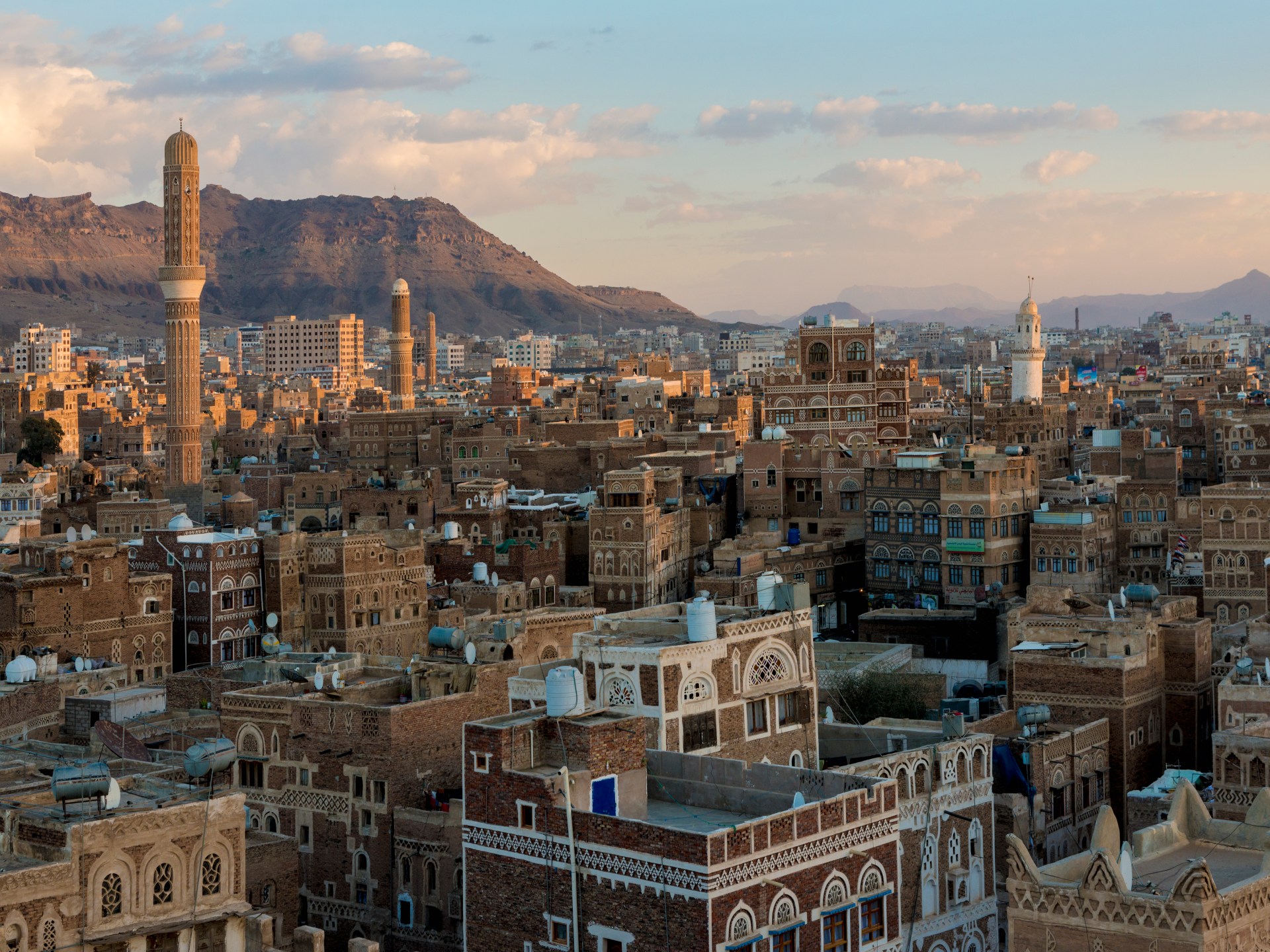An Omani delegation arrived on Saturday in the Yemeni capital Sanaa, accompanied by the head of the negotiating delegation of the Ansar Allah Houthi group, Mohammed Abdul Salam, to discuss the extension of the truce in Yemen.
The Omani delegation is expected to hold meetings with leaders of the Houthi Ansar Allah group to announce a new truce and discuss efforts to bring peace to Yemen.
The visit of the Omani delegation to Sana'a comes within the framework of regional and international moves to resolve the Yemeni crisis and bring the views of the conflicting parties in the country closer.
Abdul Salam, who resides in Amman, confirmed in a tweet on Twitter that he and the brotherly Omani delegation had arrived in the capital, Sana'a.
A senior Yemeni government official announced on Friday that the legitimate government and the Houthis agreed to extend the truce from 6 months to a year, noting that the agreement will be officially announced within a maximum of two days.
The six-month truce between the two parties to the conflict in Yemen ended on October 6, and the government and the Houthis are exchanging accusations about responsibility for the failure to renew it.
With God's help and success, we arrived with the brotherly Omani delegation to the capital Sana'a.
— Mohamed Abdel Salam (@abdusalamsalah) April 8, 2023
A Saudi perception of the solution
According to Yemeni government sources, members of the Yemeni Presidency Council recently agreed on a Saudi vision on resolving the Yemeni crisis after two months of Omani-sponsored Saudi-Houthi talks in Muscat.
The Saudi vision, according to the sources, is based on agreeing to a 6-month truce in a first confidence-building phase, followed by a 3-month negotiation period on managing the transitional phase, which will last two years, during which the final solution will be negotiated between all parties.
The first phase includes confidence-building measures, the most important of which is the payment of salaries to government employees in all areas, including Houthi-controlled areas, and the opening of closed roads and the airport.
U.N. officials and experts on Yemen believe that Tehran-Riyadh agreement to resume diplomatic ties could push for a political solution in the Arabian Peninsula's poorest country.
On Sunday, the UN envoy to Yemen, Hans Grundberg, warned that the war-torn country was facing a "critical time" and called for a permanent end to the conflict, exactly a year after a truce was reached that brought fighting to a major halt.
The Swedish diplomat considered the truce reached on April 2022, <>, mediated by the United Nations, "a moment of hope," noting that it is largely in place despite the expiration of its effects last October.
U.S. special envoy to Yemen Timothy Lenderking, who has visited Oman in recent weeks, urged the Iranians on Wednesday to "really show that they are making a positive shift in the conflict, then there will be no more arms smuggling to the Houthis in violation of UN Security Council resolutions." Iran welcomed the invitation, saying Lenderking's remarks were "satisfactory."
Prisoner Exchange Deal
Abdul Qader al-Murtada, head of the Houthi prisoners' affairs committee, said the International Committee of the Red Cross (ICRC) had informed them that the start of the prisoner exchange had been postponed by three days from the April 3 deadline.
He added – in a tweet on Twitter – that the postponement came because of the lack of readiness of the other party for implementation, considering that delay a clear obstruction of the agreement, he said.
Al-Murtada called on the United Nations to pressure the other party to stop what he described as irresponsible and inhumane practices, as he put it.
Majid Fadael, a member of the Yemeni government's prisoner exchange committee, said the Red Cross asked for the deal to be delayed due to the large numbers agreed to exchange them.
He explained – in a tweet – that the other party has completed the procedures because it will release only 181 prisoners, while the government party will release 707. He pointed out that the Red Cross needs more time to complete the visit of the prisoners and make the necessary arrangements for their release.
Yemen is suffering from a war that began after the Houthis took control of the capital, Sanaa, and several governorates at the end of 2014, and the conflict has intensified since March 2015, after a Saudi-led Arab military coalition intervened to support the legitimate government forces against the Iran-backed Houthi group.

